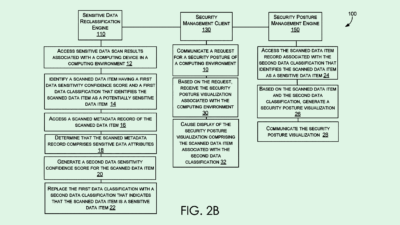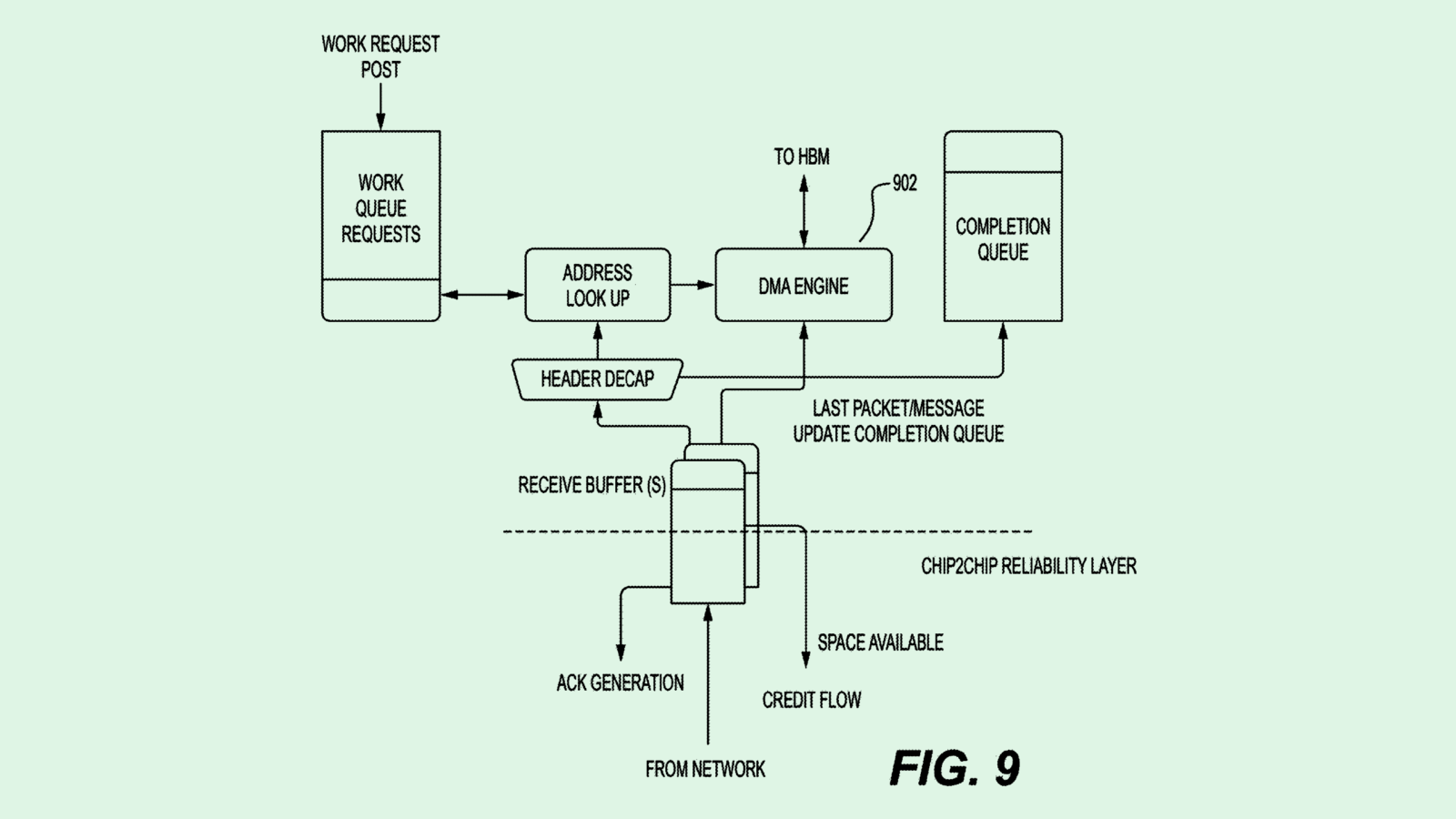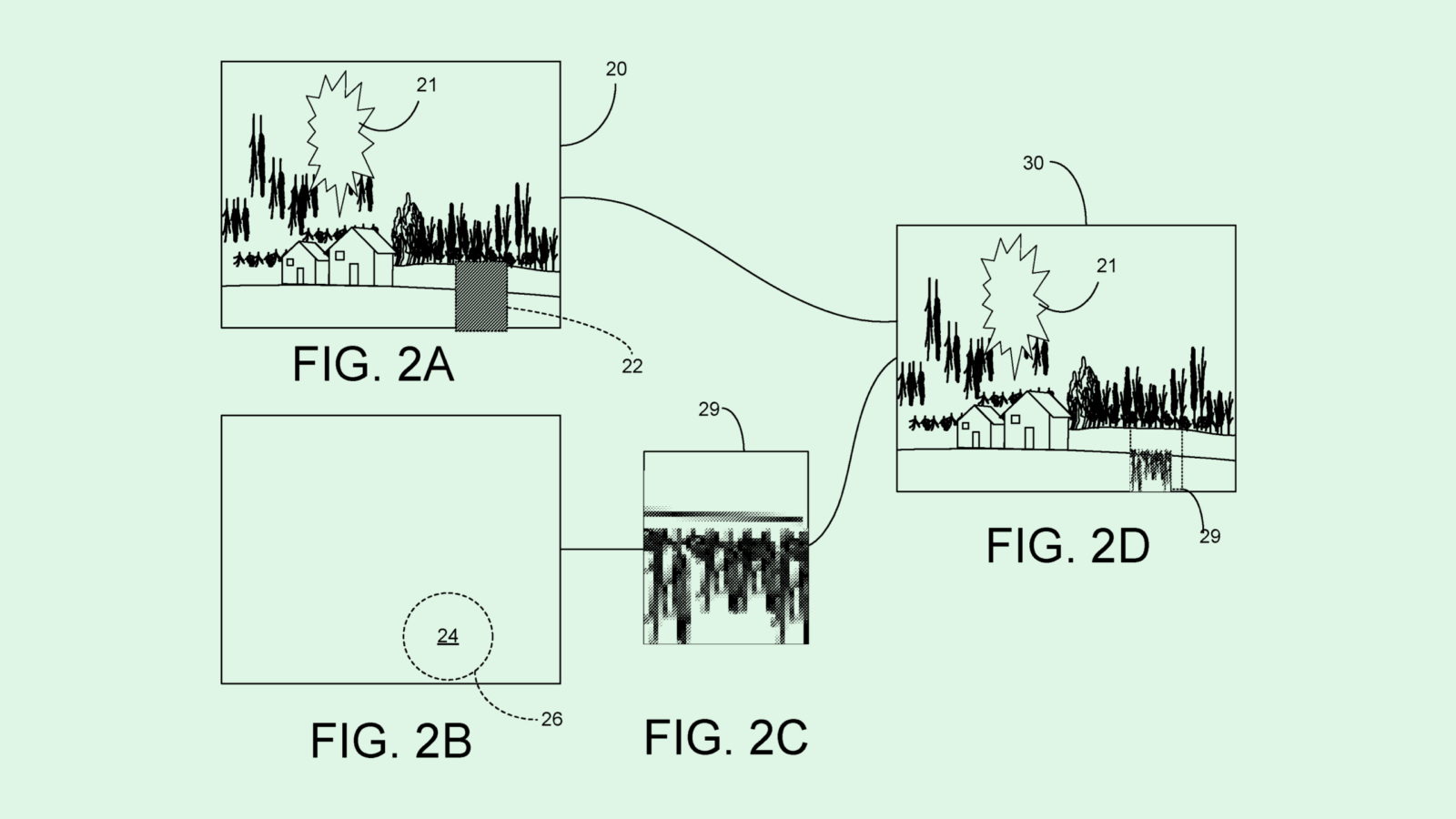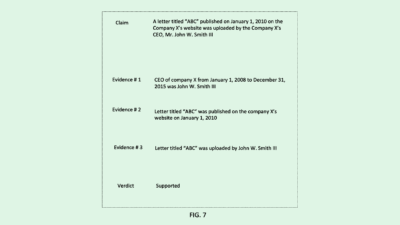Microsoft’s Hive Mind
Microsoft wants to make cybersecurity everyone’s responsibility.
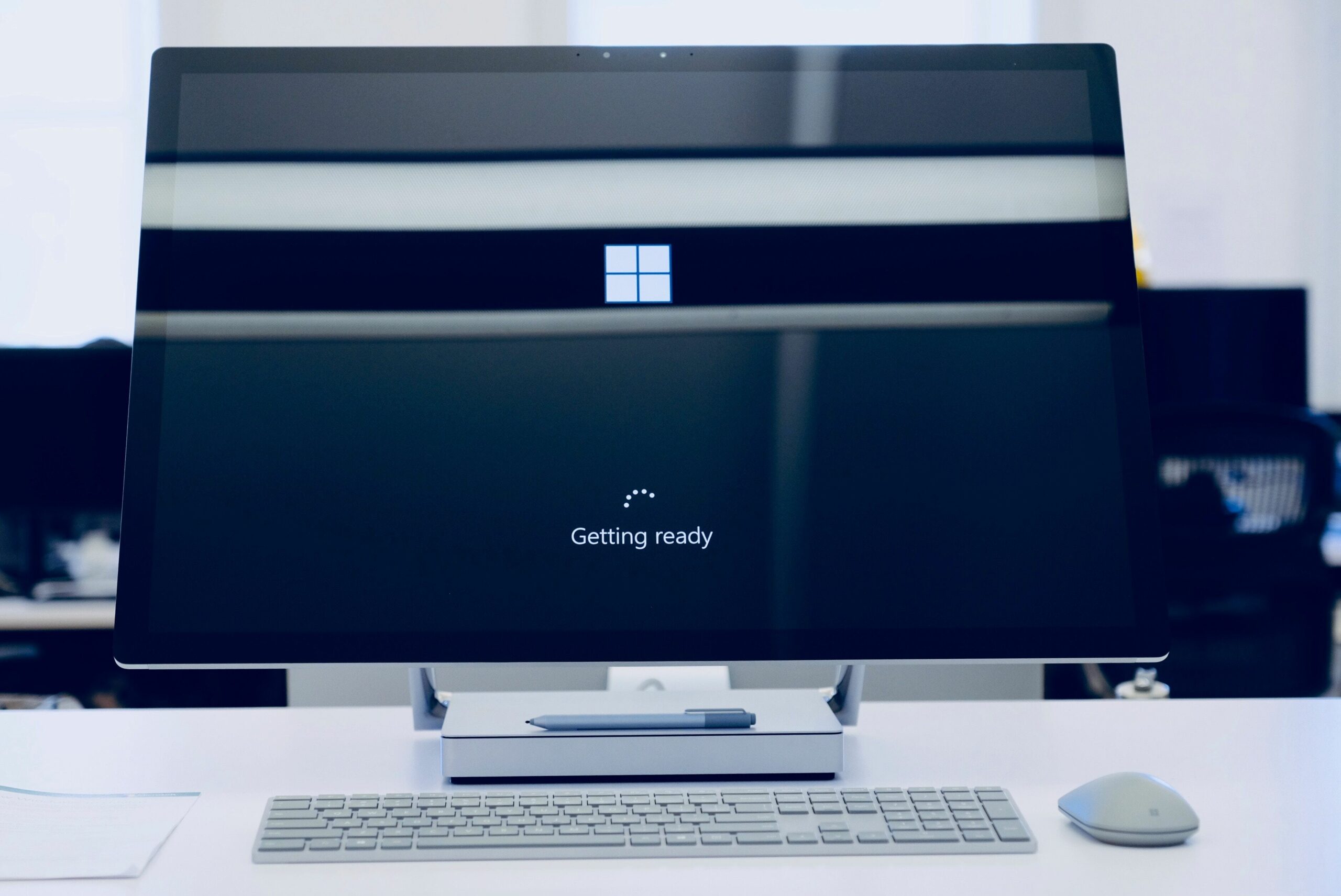
Sign up to uncover the latest in emerging technology.
Microsoft wants to make cybersecurity a team effort.
The company wants to patent tech that detects when a device that’s part of a network is on the fritz. This tech uses what Microsoft calls a “hive-mind approach” to detect a dysfunctional device, analyzing the behavioral information of neighboring devices in the network to tell if one is doing anything out of the ordinary.
Essentially, devices in a network are in charge of keeping each other in check. If neighboring devices pick up that one device in a network isn’t “alive, active, and reporting” its behavior information (a.k.a telemetry data that determines if a device is working properly), they will relay this information to the system. Based on one or multiple reports, the device is marked as abnormal, and is investigated further.
Devices may be dysfunctional for several reasons, Microsoft noted, including hardware failures, misconfigured or tampered-with software, and malicious attacks. The company’s patent filing also outlines “anomaly detection logic,” which uses machine learning to differentiate between malicious and non-malicious abnormal behavior.
Traditional monitoring methods, which rely on teams to monitor device behavior by looking just at reported data, are “prone to error when a device is alive but stops reporting on its status and health.”
“Conventional approaches for identifying abnormal or potentially harmful behavior within an enterprise network remain deficient,” Microsoft noted.
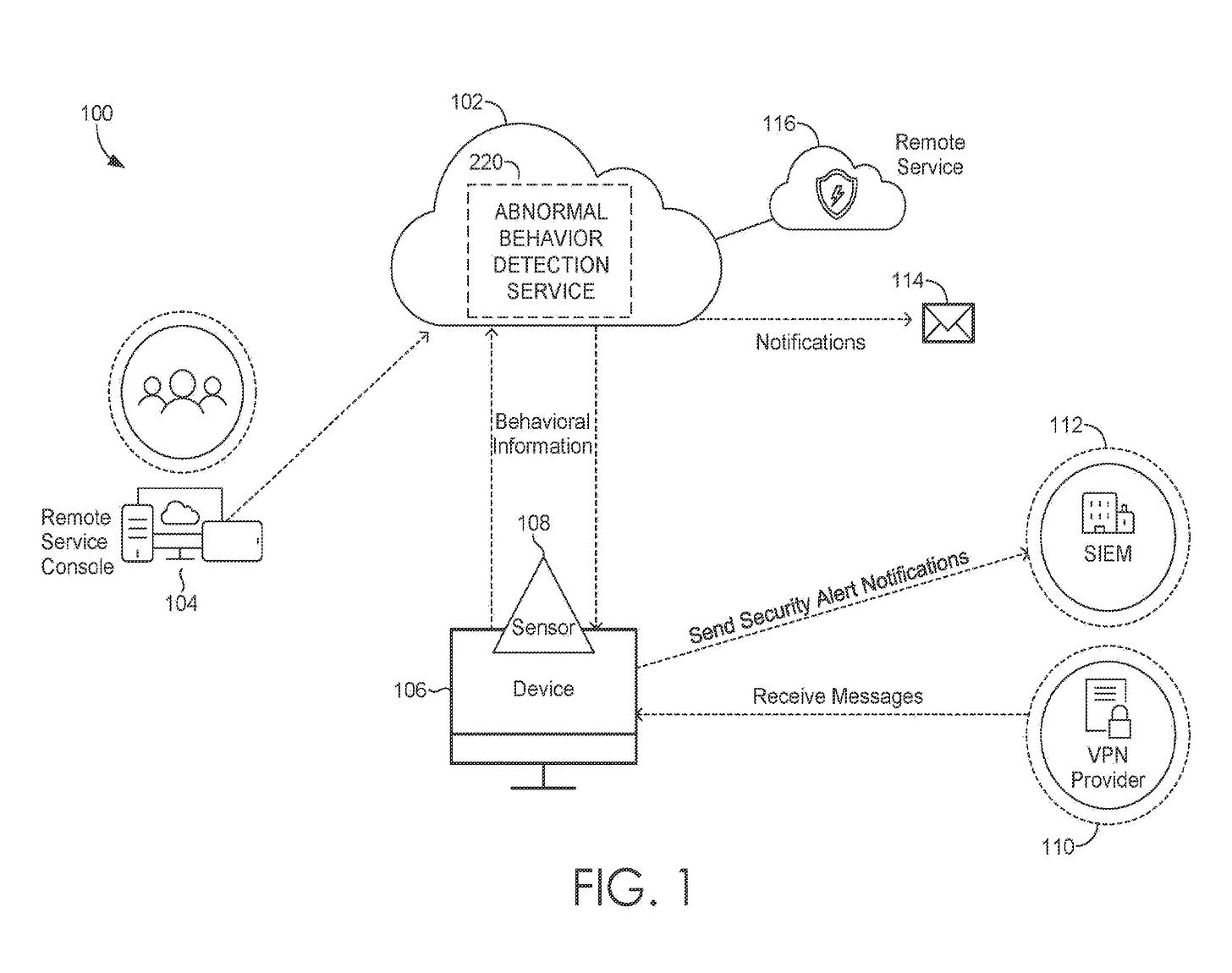
If Microsoft’s patent activity is any indication, the company is very interested in getting security right. The company has sought patents for cloud tenant cyberattack prevention, remote biometric authentication and even computer vision-based airport security technologies.
A lot of Microsoft’s security-related patents have to do with keeping one very important thing safe: its cloud network. Makes sense, right? Microsoft Azure boasts thousands of personal and commercial clients, including 95% of Fortune 500 companies. Cyberattacks, specifically related to major companies, could deeply damage customer trust in Azure, potentially driving them to competitors like Google Cloud or AWS.
That said, Azure has suffered a number of vulnerabilities over the years. In August 2021, researchers discovered a flaw in an Azure database which had left the data of thousands of customers exposed for around two years. And in January, a cybersecurity firm discovered four more vulnerabilities which posed a risk of exposure. While all of these have since been patched, Microsoft may be keen on avoiding these missteps in the future.
Cloud computing represents a massive moneymaker for Microsoft. In the most recent quarter, the company’s Intelligent Cloud unit brought in $22.1 billion, up 16% year over year. Within this, Azure and other cloud services saw a 27% bump in revenue growth compared to the previous year’s quarter. Overall, its cloud business made up more than 40% of its sales for the quarter.
Cloud security is all the more crucial as the data needed for rapid AI development relies on massive cloud capacity. With competitors like Amazon and Google in the space, getting it right could be a determining factor in who remains ahead in the AI arms race.
Have any comments, tips or suggestions? Drop us a line! Email at admin@patentdrop.xyz or shoot us a DM on Twitter @patentdrop. If you want to get Patent Drop in your inbox, click here to subscribe.



